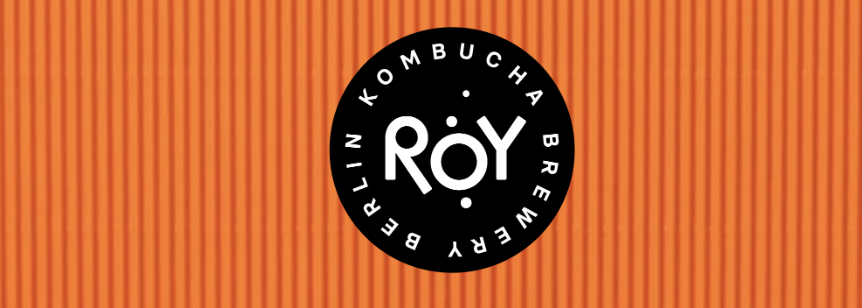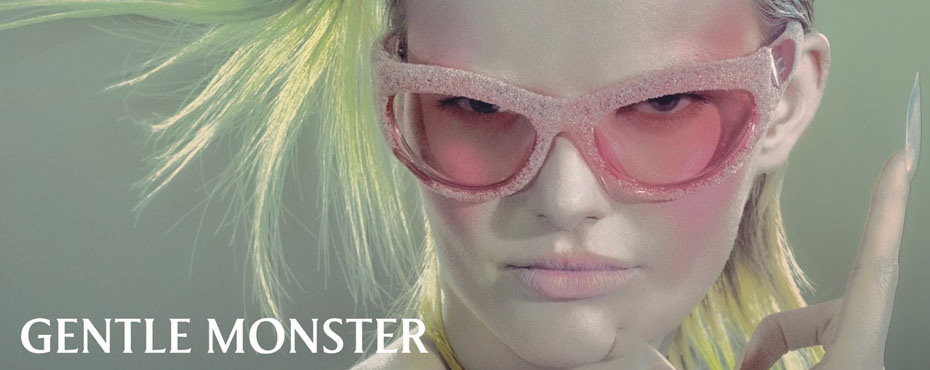Known for making dark, romantic, cinematic New Wave, threading the visceral connection between 1980’s inspired Goth and melancholic post-punk to the DIY energy of early electronic body music, Curses has previously released two full length albums on Dischi Autunno, as well as a limited edition LP on Paris fashion brand, Saint Laurent, and original music in video campaigns for Dior, and Raf Simons/Calvin Klein. A new album is due out later this year via legendary synth label Italians Do It Better, soaked in the signature Curses’ ghostly guitars and haunting vocals.
Curses has also released on labels such as Permanent Vacation, Bordello A Parigi, Oráculo Records, and Wrong Era, and is responsible for curating the vinyl compilation series, NEXT WAVE ACID PUNX, Via Belgian powerhouse, N.E.W.S, showcasing a passion for New Beat, Early EBM, Post-punk and obscure Italo which gained critical acclaim worldwide.

Hey Luca, how’s it going? So happy to have you back here! The tour looks intense—how are you holding up? What’s the first memory from the tour that comes to your mind that you’d like to share with us?
What’s up! This has been a very long but extremely fun tour. Nuovo Testamento is a great bunch, and luckily we really get along as friends, so the shows have been killer. We’ve even done some songs together on stage! I need a week to decompress and also go through all the many hours of camcorder footage. I’m sure I’m forgetting something, but off the top of my head, I would have to say Barcelona stood out as the wildest crowd, singing along to all our singles. I wish we had stolen the abandoned Disney fun castle with ‘Arrivederci’ inscribed underneath it from Naples, though, but there’s always next year. Oh, also… careful when the venue gives you towels. One club in East Germany tried to charge us 60 euros for face towels after our show… always read the fine print 😉
Your recent album Another Heaven has just been released. Could you tell us a bit more about the creative process behind it? What are the key differences between this album and your earlier releases?
With every new album, I tend to embrace writing songs more than club tracks, and this album really feels like the first time a record label has truly supported me with that approach. Because I am also a DJ, labels tend to push me to include DJ-focused tracks on albums alongside the more guitar-based songs, but that’s always been a battle. I believe albums are great if the music works in clubs, but they should also be able to stand on their own, separate from the dancefloor. It’s extremely rare that I let anyone touch my productions or arrangements, but Johnny Jewel is an absolute legend, so when he offered to mix and co-produce the album with me, I couldn’t say no. We clicked immediately. We come from very similar musical backgrounds—post-punk, new wave, cinematic synth music, and especially early Latin freestyle and synth-pop like Book of Love. So the process was super fluid.

I was on tour in Asia towards the final stages of mixing, and Johnny was also on weekend solo and Desire gigs, so we were on very tight schedules. I’d wake up in Tokyo with final versions of songs to approve in order to get the vinyl out on time back in Los Angeles for mastering by Mike Bozzi. Johnny really pushed me to embrace my songwriting, my vocals, and my guitars—especially Dame Bonnet’s bass playing as well. It wasn’t uncommon for previous album demos to be critiqued with comments like “too many vocals” or “too much guitar,” which hindered my intuitive and honest impulse in music—singing and playing guitar. That’s my roots and where I began before DJing, so it’s my natural go-to when creating. With Another Heaven, I feel as though it is my first truly honest album. I’m singing about very personal and vulnerable topics, without the DJ or dancefloor as the catalyst.
Given your experience performing live with artists like Nitzer Ebb, Alessandro Cortisi, and Robert Göhl, how do you prepare for each show, and what do you most enjoy about performing live?
Dame and I used to have a very strict setlist for our live shows, but as touring progressed over the years, we got to know each other’s musical movements so well that now we don’t really have anything set in stone. Now, we improvise between songs, jam, and go in different directions each night. Sometimes it’s more EBM-driven, sometimes more post-punk and guitar-driven. It really depends on the crowd, the event, and the mood. Dame left Berlin and moved back to London around the time of the pandemic, so we don’t really have time to rehearse anymore. Our soundchecks and shows are our rehearsals. This opens up a lot of room for improvisation and experimentation.
You’ve worked with Marie Davidson and Skelesys on Another Heaven. How did these collaborations come about, and how did they influence you and the overall output?
I really only collaborate with friends when it comes to music—artists I feel connected to on a personal level. Most importantly, they have to be people I can laugh with. Sharing the same sense of humor is so important, even before sharing the same musical taste. The song with Marie Davidson began as an instrumental, cinematic track with no drums. I sent a massive folder of early album demos to Marie and asked her which ones stood out for her to sing on. I didn’t expect her to pick the one without bass-driven elements. The vocals she laid down were so ethereal, especially her singing parts. Johnny got inspired and added these driving live drums, which then inspired me to add guitar. The transformation was very collaborative between all three of us on that one.

For Vanish, the song was finished and ready to go, but I felt it was missing another guitar or synth. I had the idea in my head but couldn’t execute it, so I sent it to Skelesys. Besides my wife and Dame, he knows me best when it comes to music. He came back with these wailing, siren-like guitar sweeps. I loved it. Johnny then got inspired and totally flipped my drums into a more Book of Love / Drexciya-inspired, demented banger. Originally, the song was more of a ballad, but Johnny really flipped it in the end by rearranging my drum palette.
Your music blends a range of influences, from ’80s goth to post-punk and EBM and Dark Disco. How do you approach fusing these different genres, and what inspires you most when creating your sound?
I don’t really think too much about genres—it’s strange. Instead, everything is motivated by feeling. When I hear something that I wish I had created myself, it resonates with me forever. It inspires me to make a song, and most likely, it will sound nothing like what it was inspired by. I grew up on so many different types of music—freestyle, punk, goth rock, EBM, NY hip-hop, jungle, and D&B—but all of these sounds were tied to subcultures and underground, passionate scenes. The devotion, the loyalty, resonate in music scenes of niche sounds. It’s so powerful and integral to being true, honest, and timeless as an artist. That’s what inspires me: the collective energy, support, and drive from the underground. I may have many different influences, but I think the driving force behind my music is always the guitar and electronic drums—the relationship between man and machine.
Your work with brands like Saint Laurent and Dior has certainly helped bring your music to a wider audience, and I imagine you’ve learned a lot from these productions. How have these projects influenced your current musical style, if at all? And what do you think you’ve learned most from working on more commercial projects?
Good lord. As grateful as I am for working with big fashion brands, it is not a walk in the park, but the hard work is always gratifying in the end. I’ve always believed that aesthetics play an integral role in music, cinema, fashion, and art—together, they help create a symbiotic opus. The visuals give life and context to the music; they represent the unspoken mood of the song through vision. It’s easy to get frustrated and lose that connection when working with big brands, primarily because there are so many cooks in the kitchen, each with their own opinion. Sometimes it’s best to remind yourself that these collaborations are a collaborative effort—and not to get too attached to the music you create, in the same way you would with a song for an album.
What’s next for Curses after the album release and tour?
There is a lot of new music coming… Me and Skelesys will drop an album under our SILVER TEARS project on Avant! In April, I am also working on more vocals for Âme and their new album, which will be released on Inner Visions. Since I’ve been so focused on live music and touring with the band, I’m now excited again about club music. I have a split 12” under my Tutto Vetro alias dropping with Cruz on 22 Recordings, as well as an EP for WRONG ERA. And lastly, Next Wave Acid Punx will hit the third and final chapter of the trilogy comp series! That won’t be until 2026, though, so in the meantime, a REVAMPS 12” will be coming out in February with official revamps and edits from Andi, Stockholm Syndrome, and myself.
Listen the album here:
Follow CURSES
more music features here
Interview : Grzegorz Bacinski
Get our latest print 350page + book






